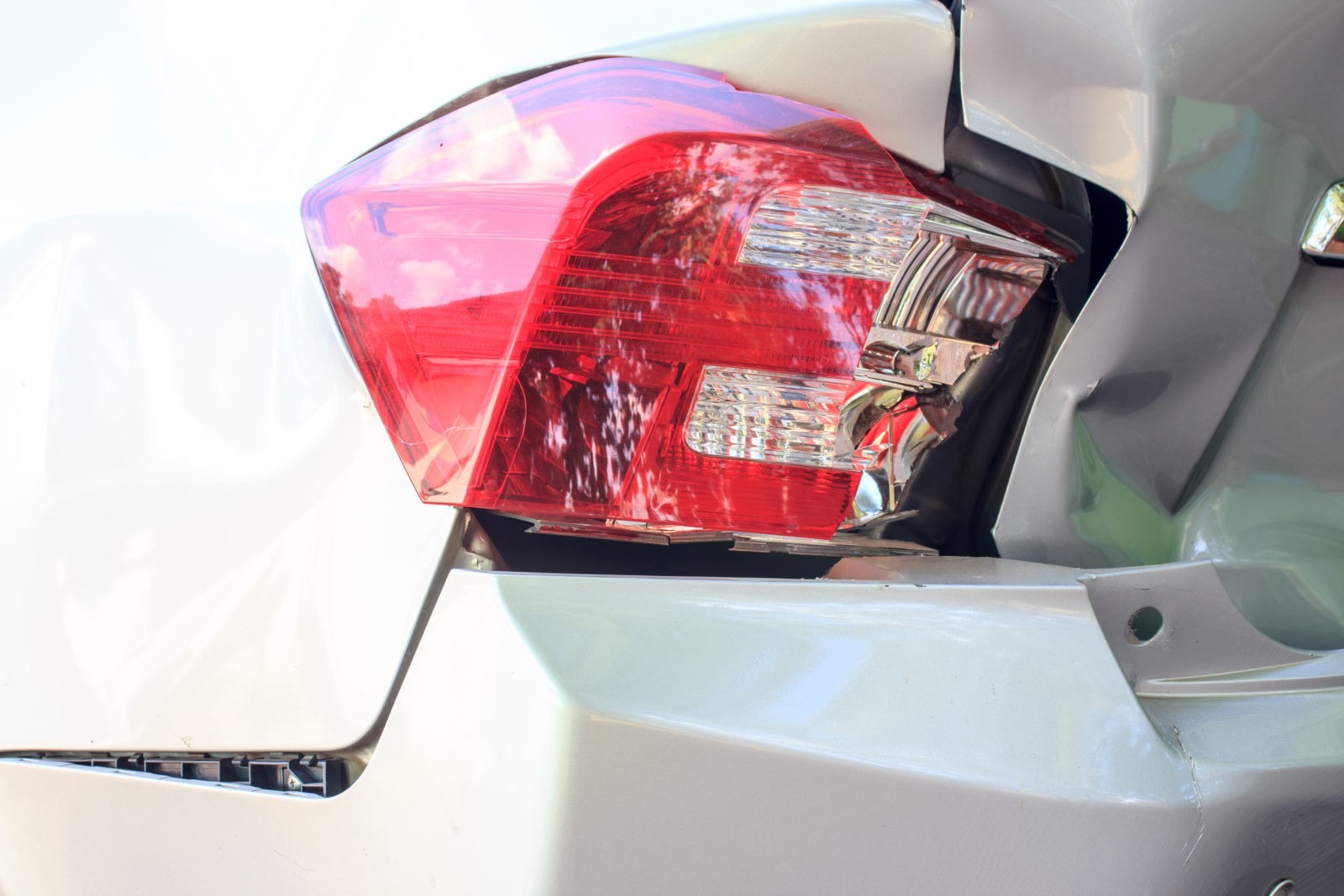Can You Sue A Trucking Company Directly After A Mishap? Faqs
Victims of truck accidents might be qualified to recoup various types of compensation from the trucking firm, depending upon the specifics of the case. Compensation in these situations generally covers clinical expenses, lost wages, pain and suffering, and residential or commercial property damages. In serious instances where the crash results in lasting or irreversible injuries, sufferers may likewise be qualified to compensation for ongoing medical care, rehabilitation prices, and loss of making capability.
What Is Direct Oversight By A Trucking Business?
As an example, trucking firms are called for by law to regularly examine and maintain their lorries to ensure Great site they are safe for procedure. Similarly, if a company works with a vehicle driver without appropriately examining their history or credentials which driver creates a mishap, the firm might be held accountable for irresponsible employing methods. In addition to vicarious liability, a trucking firm can be taken legal action against directly for its own neglect. Straight neglect occurs when the company stops working to satisfy its responsibilities under federal and state legislations to operate its company securely. Yes, it is feasible to sue a trucking company directly after a crash, but there specify legal grounds required to do so. In many cases, the vehicle driver might be the immediate reason for the crash, but the trucking firm might share duty.
We will relentlessly represent our clients to make certain that their voice is listened to and that they are Civil litigation attorney completely and completely compensated for their damages and losses. What makes us different is that you, as a customer, will certainly have your lawyer's personal cell phone number to make sure that you can constantly interact with your attorney concerning your case.
Helping Injury Targets For Over 25 Years
- Compensatory damages are meant to penalize the accused for outright conduct and prevent similar habits in the future.This can take place when the firm stops working to effectively maintain its fleet, hires unqualified chauffeurs, or goes against federal trucking regulations.Trucking business often have considerable insurance policies and even more resources than private motorists, that makes them an essential target for lawful insurance claims.If a trucking business works with someone with a bad driving document or a history of substance misuse, they might be held responsible for any kind of mishaps caused by that motorist.

What Prevail Defenses Utilized By Trucking Firms?

If you have actually been involved in a truck crash, it is vital to recognize your civil liberties, just how trucking companies may be accountable, and exactly how to pursue a case effectively. Suing a trucking business is frequently an intricate procedure that needs a detailed understanding of both state and government guidelines governing the trucking sector. These regulations are created to make certain the safety and security of both truck chauffeurs and various other vehicle drivers when traveling. A lawyer with experience in managing vehicle mishap situations can aid by investigating the mishap, gathering evidence, and identifying all possible resources of liability. In addition to compensatory damages, sufferers might have the ability to recover compensatory damages if the trucking business's activities were particularly careless. Compensatory damages are intended to punish the accused for egregious conduct and hinder similar behavior in the future.
Trucking companies are expected to provide ongoing training to ensure their drivers comply with safety procedures and understand the customary practices. When a company overlooks this responsibility, and an untrained or badly overseen chauffeur creates an accident, the company might be located liable for irresponsible supervision. However, it is necessary to keep in mind that vicarious obligation just applies when the vehicle driver is executing tasks that are straight connected to their work. If the motorist was acting outside the extent of their task obligations-- such as running an individual errand when the accident happened-- vicarious obligation might not apply.